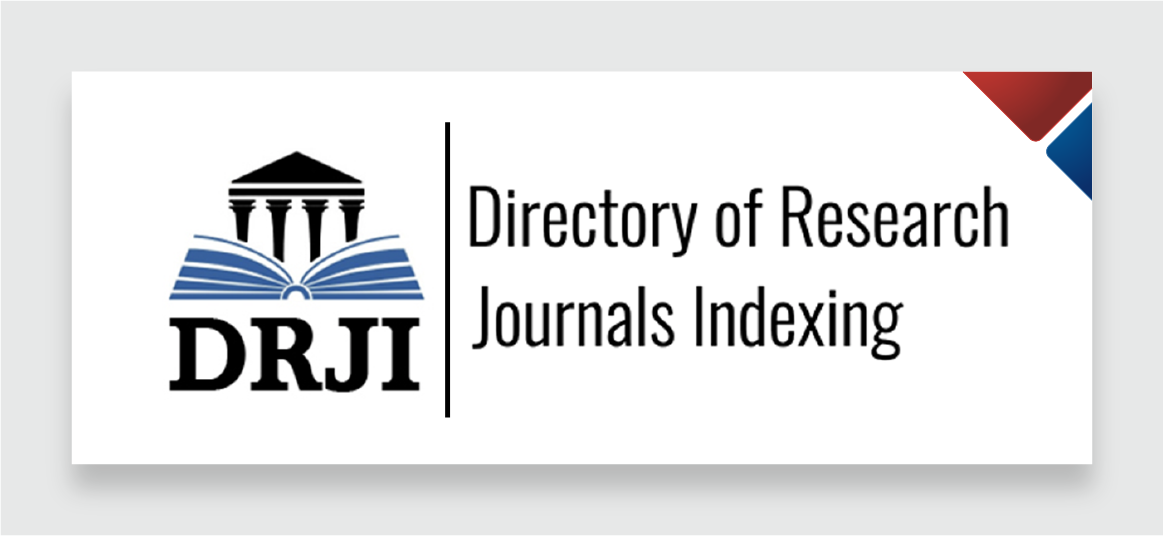Validation of Self-Assessment-Based Chest Pain Algorithm (DETAK) as An Early Identification Tool for Acute Coronary Syndrome
Abstract
Background
The most common reason of prehospital delay in ACS patients is inability to pay attention to symptoms in order to act fast and effectively. Patient oriented machine learning algorithms has the opportunity to reduce the total ischemic time, that determines the clinical outcome of ACS patients.
Aim
Assessing the accuracy of the chest pain self-assessment algorithm (DETAK) in identifying ACS.
Method
This study included seven hospitals, five PCI capable hospitals and two of non-PCI capable hospitals. The study was conducted from August 2021 to June 2022. The study included all patients with chest pain who visited the hospital and used the DETAK algorithm. Patients were interviewed after being confirmed hemodynamically stable. Patients with UAP, as well as those who died or declined to participate in this study were excluded. The area under the curve receiver operating characteristic (AUROC) was used to verify DETAK's performance in identifying SKA. We compare the DETAK algorithm's diagnosis with the definitive diagnostic based on ECG and/or troponin results.
Results
A total of 539 patients (mean age 58 years) with a higher proportion of male patients (n=424). An AUC value of 0.854 was obtained, where the cut of point accuracy of DETAK in identifying ACS for the entire sample had a sensitivity of 89.5% and a specificity of 81.2%. The algorithm's specificity decreased in certain subgroups, including type 2 diabetes (79.4%), women (77.3%), and hypertensive patients (80.9%). Algorithm reliability test obtained moderate to strong level of agreement values.
Conclusion
DETAK's self-assessment-based chest pain algorithm offers an excellent diagnostic performance in early identification of ACS.
Keywords
Full Text:
PDFReferences
-
DOI: https://doi.org/10.21776/ub.hsj.2023.004.04.5
Refbacks
- There are currently no refbacks.
Copyright (c) 2023 Krishna Ari Nugraha, Mohammad Saifur Rohman, Anna Fuji Rahimah, Setyasih Anjarwani, Ardian Rizal, Andi Wahjono Adi, Lina Haryati

This work is licensed under a Creative Commons Attribution 4.0 International License.









